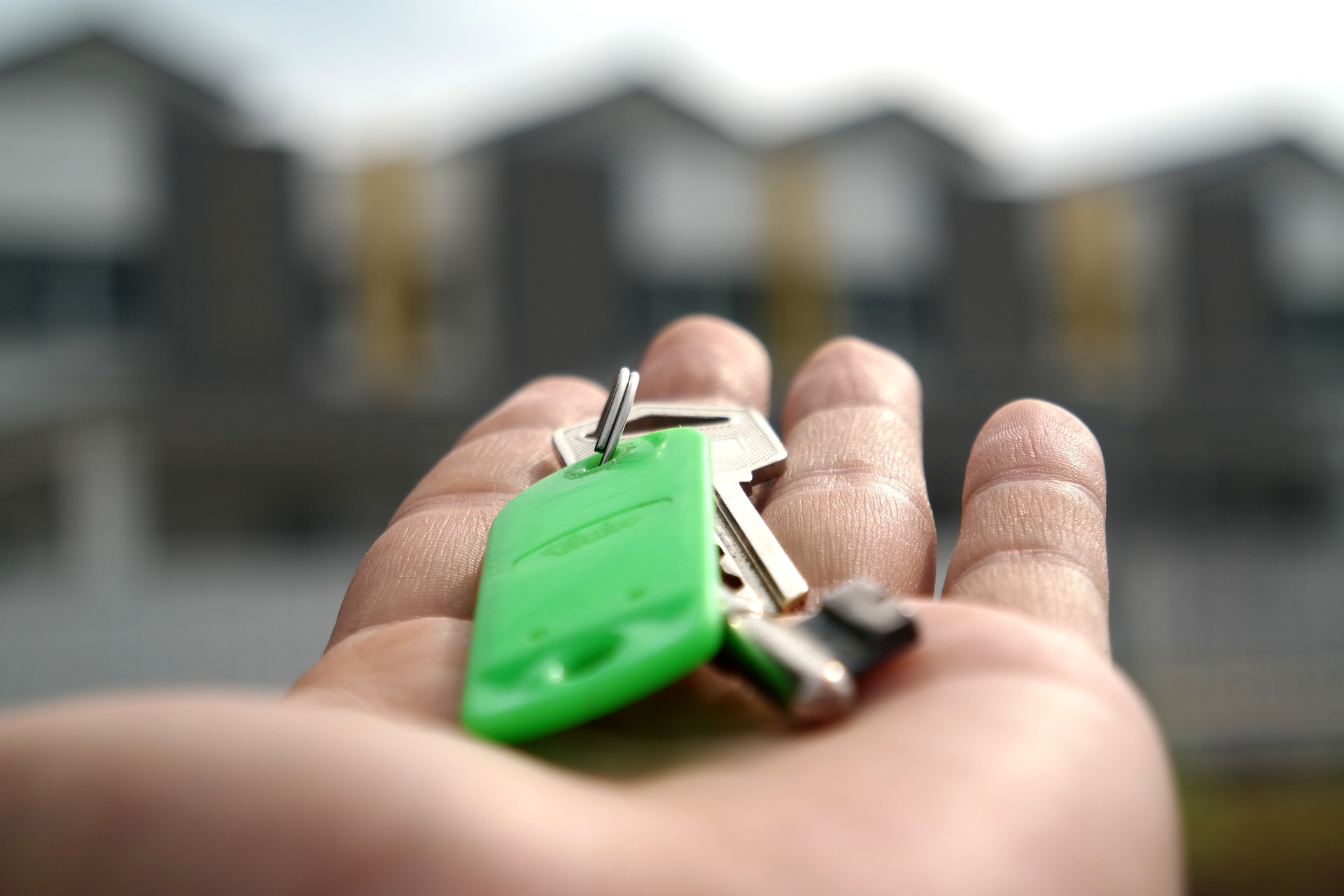Typical Expenses to Expect When Buying a Home in Seattle
To ensure your home purchase and move to Seattle go smoothly, it is essential to understand the costs involved. If you do, you can properly plan your budget and have enough money left over in your bank account to continue your life normally! Here are the typical expenses to expect when buying a home in Seattle.
Hiring a realtor
The first of the expenses to expect when buying a home in Seattle is the cost of a real estate agent. Now, it is admittedly true that you don't need the support of one to be successful. However, working on your own makes it much harder to get your hands on a satisfying property. Not to mention figuring out all the legal requirements and properly making an offer. Whether you wish to buy a home to live in or try your hand at house flipping, leaving out a real estate agent as an intermediary would be a mistake. Their experience and connections make them invaluable.
.jpg)
A reasonable down payment
One of your most significant expenses to expect when buying a home, other than its total price, would be the down payment. The 'ideal' down payment percentage in Seattle is not firmly set. It will vary from ten to thirty percent of the house cost. Of course, the more you pay immediately, the more leeway you would have later, and the lower your mortgage would be.
Seattle closing costs
Closing costs tend to be a bit different depending on the state. In the case of Seattle, this list typically consists of:
· Home appraisal fees
· Property survey fees
· Mortgage or loan processing fees
· Paying for the borrower’s credit report
· Legal fees
· The recording fee
· The underwriting fee
As you can see, the list is quite extensive and can easily catch you off guard if you do not plan your purchase and move properly. In fact, looking up a guide to moving to Seattle from LA is highly recommended in addition to our advice to have all the info you need.
Insurance
It is typically not a good idea to own a house without a firm insurance policy. You might refuse to accept the possibility, but tragedy can and often does strike randomly. And if the worst happens and you are suddenly left without a home or your belongings, you would likely not be able to get back on your feet quickly without a little extra help. Insurance can provide this peace of mind and even help you cope with home-buying anxiety.
The cost of movers
It would be best if you also considered the cost of moving to your new home. Typically, most people focus on the price quoted by their moving company of choice and disregard everything else. This is a serious mistake since many other minor expenses are tied into a move. The cost of moving supplies, the potential need to hire cleaners, packing services, etc., all add up to much more than what you might have initially accounted for. If you think all the money you'll need to spend is your moving quote, you'll likely run into budgeting problems.
The interim period
Home sales and purchases are rarely ideal, clear-cut deals that are finished within minutes of realizing you like a house. You will much more likely be forced to wait for days or maybe weeks before closing a sale or a purchase. And the chances of the two happening simultaneously? Pitifully low. It means you are almost guaranteed to get stuck in an awkward situation. You've either bought a home too early and had to dip into your emergency funds or sold your former home too early and are now forced to look for temporary residence. The experts from Los Angeles Transfer and Storage also warn that you should not forget to secure storage facilities for your belongings in this scenario. This means even more expenses to expect when buying a home in Seattle.
.jpg)
Possible necessary renovations
It is impossible to predict all expenses tied to purchasing a home. And one of the most significant risk factors when trying to do this is renovations. The home you feel keen to buy may require repairs before you can live in it. In this scenario, your search for ideal real estate could cost you far more than you'd initially thought. Most conscientious sellers who don't want to get in trouble would not hide severe problems with a house. Still, if they are unaware of it and the home inspection misses it too, you can land yourself in a mess. So, it is wise to still leave some savings in your bank account in case of emergencies!
Getting your home set up
The final expenses to expect when buying a home in Seattle are the costs of getting your home set up. Thankfully, the cost of utilities in the state is one of the lowest in the US. Of course, the price of buying a house is considerably higher than the average. But the reasonable long-term costs make up for that. Of course, account for the initial cost of having your utilities turned on too. And then the cost of filling up your home with the little odds and ends that we tend to overlook. Like scissors, duct tape, and such. Of course, these smallest expenses are hardly noticeable at first. But you can still slip and overspend if you're careful!
Final Comment
Knowing about the typical expenses to expect when buying a home in Seattle, you can make your plans more accurate. As long as you budget carefully, we are confident you will be able to make your move a resounding success!



.jpg)



